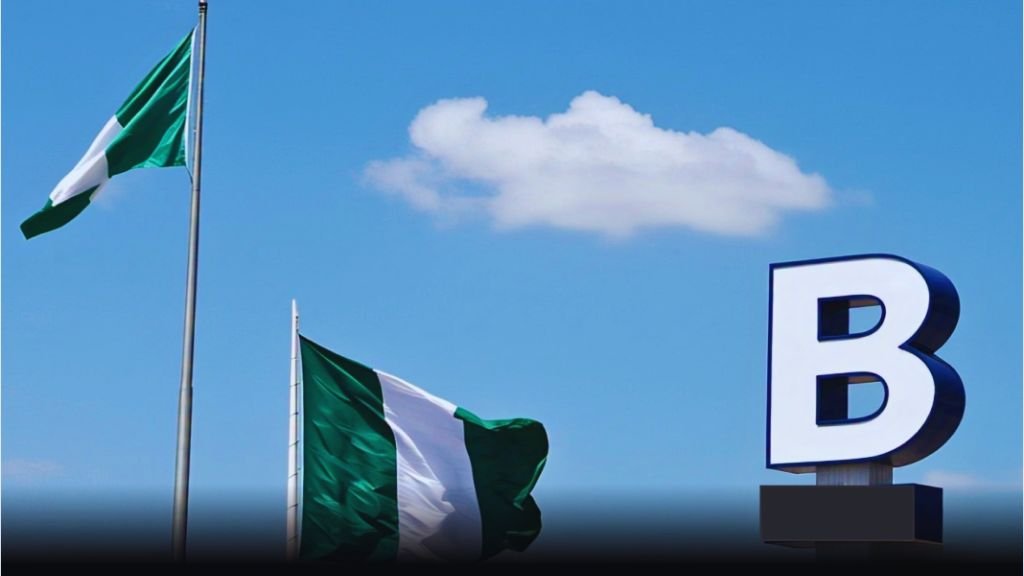
Nigeria received a welcome vote of confidence in April as international credit rating agencies upgraded the country’s long-term foreign-currency issuer rating, citing stronger macroeconomic coordination, FX market reforms, and improving fiscal management. This new outlook reflects cautious optimism that recent progress can be sustained—but also a warning that structural challenges persist.
FX Reforms at the Core of the Upgrade
A key driver behind the upgrade is Nigeria’s effort to stabilise its Foreign Exchange (FX) system. The Central Bank of Nigeria (CBN) introduced an electronic FX matching platform and adopted tighter monetary policies, helping to reduce distortions and narrow the gap between the official and parallel market rates. These reforms have improved transparency and restored some investor confidence.
Taming Inflation Through Monetary Tightening
Since February 2024, the CBN has raised interest rates by a total of 875 basis points, bringing the policy rate to 27.5%. While inflation remains high—recorded at 23.2% in February 2025—it is expected to ease gradually to 20% by 2026 if tight monetary policy continues. The agencies highlighted this as a sign of policy commitment to macroeconomic stability.
Reserves Improve, but Pressures Remain
Nigeria’s gross foreign reserves rose to $41 billion at the end of 2024 but later declined to $38 billion due to debt servicing. However, Net Reserves significantly improved—from $4 billion in 2023 to $23 billion, reflecting the unwinding of FX swaps and a more formalised inflow of foreign exchange. While encouraging, external liquidity remains sensitive to global market shifts and oil earnings.
Oil Sector Progress: Refining and Modest Recovery
The ramp-up of the Dangote Refinery, which began operations at 550,000 barrels per day (bpd) and is expected to reach 650,000 bpd by mid-2025, is reducing Nigeria’s reliance on imported refined fuel—previously 30% of total imports. Meanwhile, crude oil production is projected to average 1.43 million bpd in 2025–2026, a modest recovery from 1.34 million bpd in 2024, though still below pre-2019 levels due to infrastructure limitations.
Fiscal Pressures Persist
Despite some gains in non-oil revenue, Nigeria’s fiscal position remains fragile. Budget deficits are projected to average 4.2% of GDP through 2026. Rising public wages and election-cycle spending are likely to strain fiscal consolidation. Additionally, interest costs continue to absorb a significant share of government revenue, limiting room for investment and reform.
Banking Risks and Weak Governance Remain
Nigeria’s Banking sector faces increasing strain, with Non-Performing Loans (NPLs) at 4.9%. The removal of post-COVID regulatory forbearance could further pressure asset quality. Governance also remains a key area of concern, as Nigeria continues to rank low on the World Bank’s Governance Index, largely due to persistent issues around transparency and institutional effectiveness.
Looking Ahead: Reform Momentum vs. Structural Weakness
The Stable Outlook indicates that while recent reforms have had a positive impact, significant risks remain. The raters noted that further improvements in the rating will depend on Nigeria’s ability to sustain policy momentum and shield the economy from external shocks—especially oil price volatility.
Adapted from international credit rating agency’s commentary.








Leave A Comment